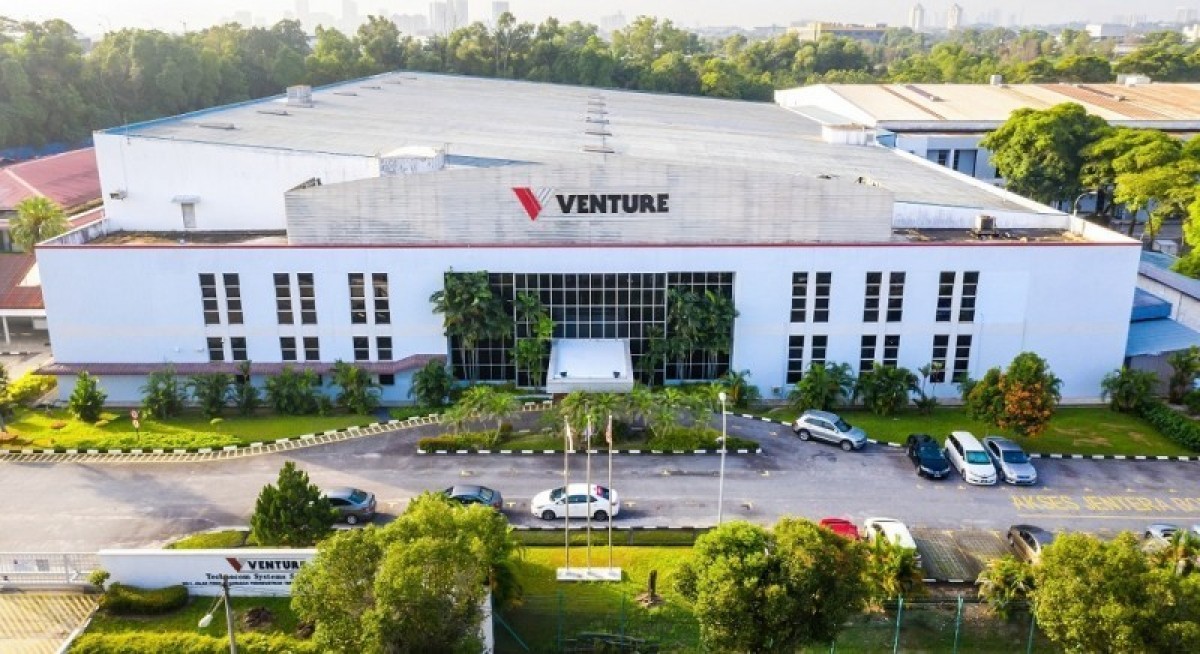With this, Pineda factors in a 10% to 20% potential reduction of revenue from US customers, which in turn likely applies to the 10% to 20% of revenue stemming from the US.
"Venture may try to offshore some of the production to facilities in Singapore which account for a quarter of group production capacities in a move to reduce tariff risks," he says.
Although a smaller portion could be onshored to the US, this will likely come at the expense of margins due to higher production costs and capital expenditure (capex), he warns.
Pineda has therefore trimmed his revenue forecast for Venture by 2 percentage points (ppts) to 4 ppts, reducing his earnings estimates by 9% to 16% for the FY2025 to FY2027.
See also: Analysts mostly bullish on EQDP's impact on SGX; Morningstar views tailwind as ‘temporary’
"The situation remains highly fluid with the resolution of trade deals as possible.
"Nonetheless, some tariffs will likely apply which in turn could deflate revenue momentum for the group. We expect the company to strike a cautious tone when it releases results on May 14," says Pineda.
Meanwhile, Pineda also raises the possibility that now could be the right time for shareholders of Venture stock to sell.
See also: RHB's Yeo raises Frencken's target price to $2.03 with demand picking up from customer restocking
He asks: "Why not sell?", noting that since the tariffs were announced, investors have had little time to assess risk.
With the stock's share price at an eight-year low, the analyst sees any downside risks as being tempered given Venture's dividend yield of 6.8%, which can be "well and sustainably supported" given Venture's net cash balance sheet position, Pineda reasons.
"In addition, the company's share buyback program should provide further support. We think investor interest however is unlikely to revive until there is clarity on how much tariffs will be charged and how this will impact demand and margins," he says.
Downside risks include the destruction of demand if customers undertake mergers and acquisitions (M&A), labour shortages as a result of original equipment manufacturers (OEMs) trying to find new supply chain alternatives, an unexpected slowdown in economies that could hurt technology spending and finally, material downside demand for Venture's products owing to tariff risks.
Conversely, Pineda sees that the stock could outperform his target price with growth potentially returning if the abovementioned factors move in favour of the company or if tariff risks resolve quickly or are eliminated.
As at 11.22 am, shares in Venture are trading 14 cents higher or 1.27% up at $11.14.




